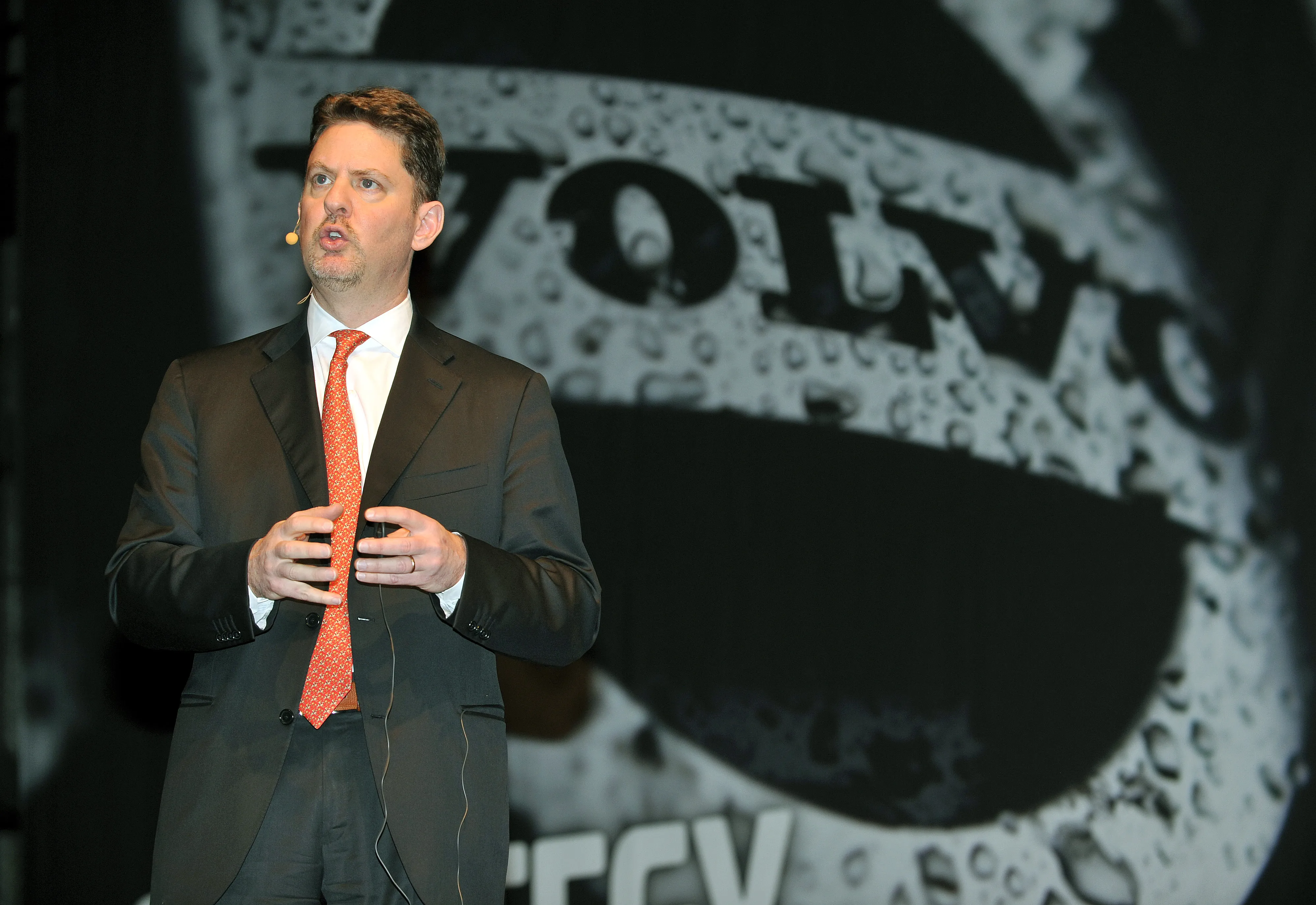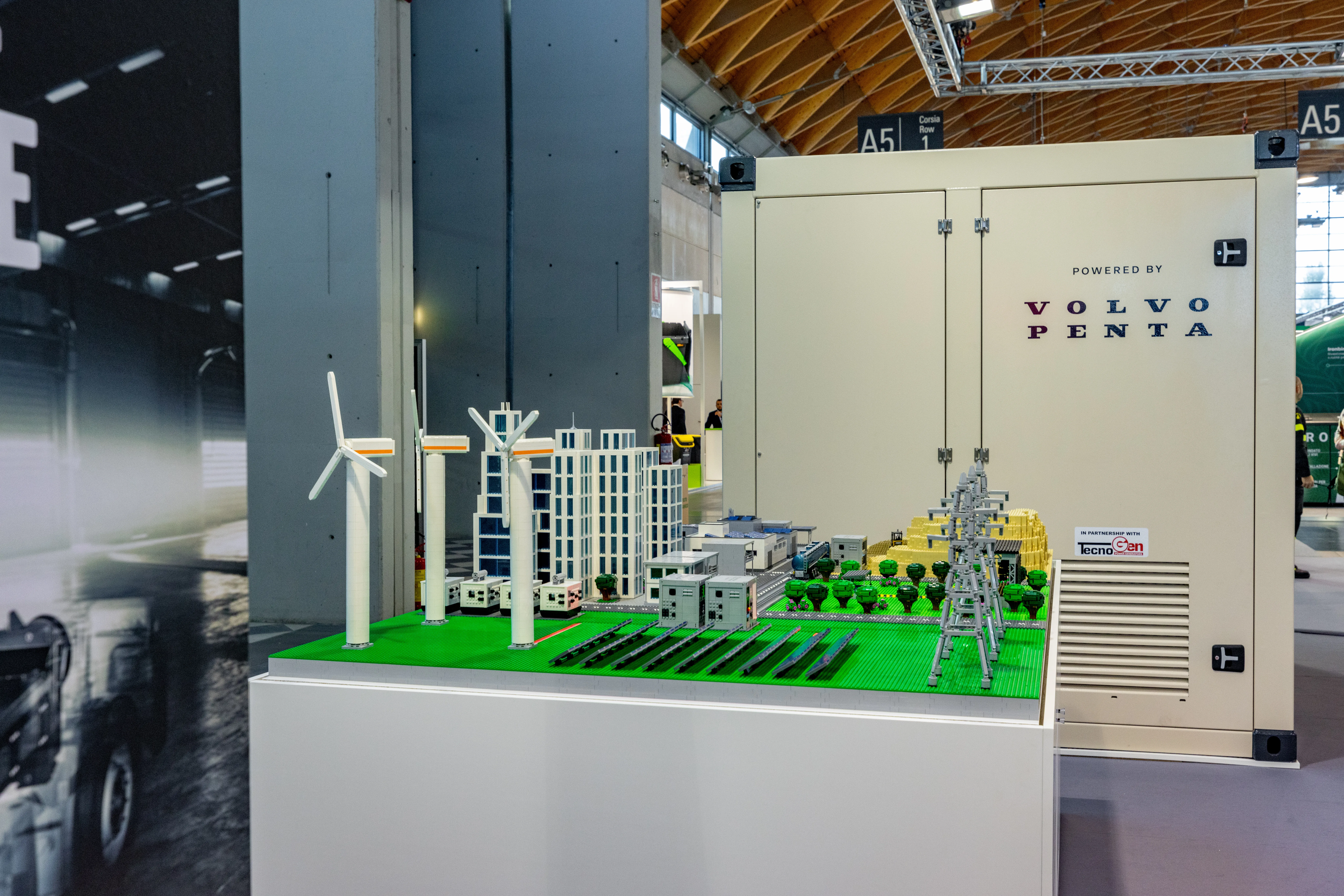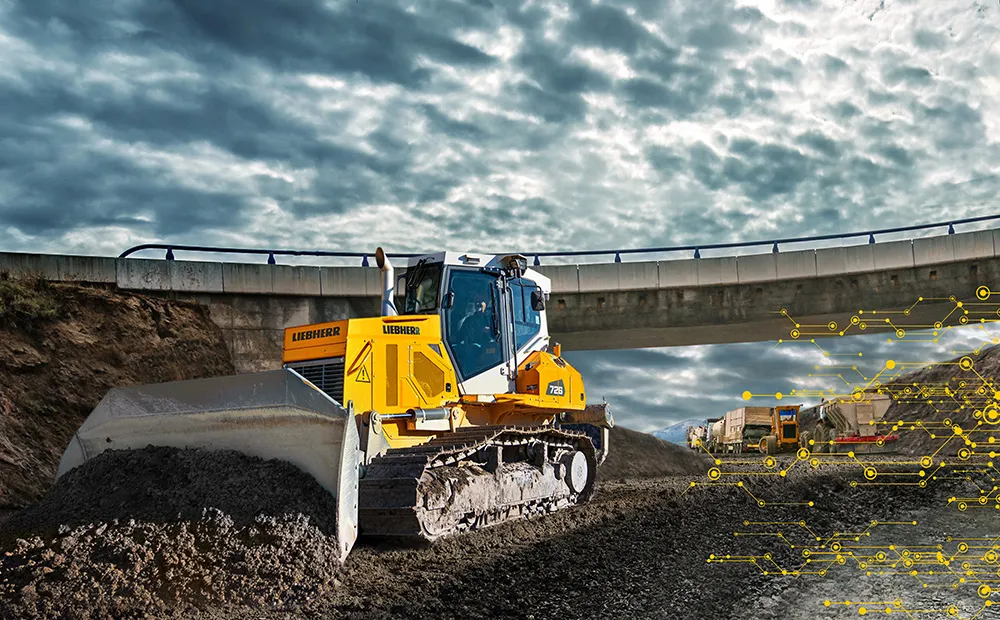March 7, 2023
Cummins sees a sustainable future that is “fuel agnostic,” because different circumstances will require different solutions to achieve the best outcomes. Trimble agrees, warning the construction sector “not to put all of its eggs in one basket.” For Volvo, the future is electric. The company is committed to making 35% of its fleet electric by 2030. Innovation, collaboration, and efficiency are where it’s at.









